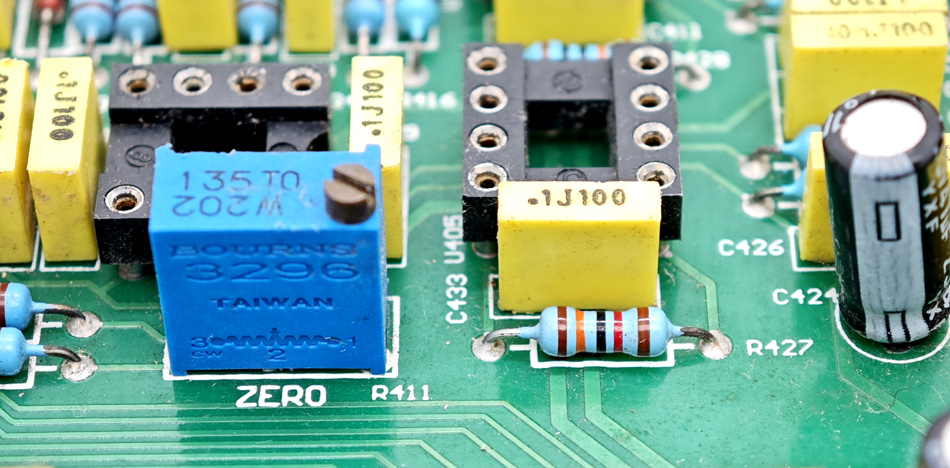- English
- Español
- Português
- русский
- Français
- 日本語
- Deutsch
- tiếng Việt
- Italiano
- Nederlands
- ภาษาไทย
- Polski
- 한국어
- Svenska
- magyar
- Malay
- বাংলা ভাষার
- Dansk
- Suomi
- हिन्दी
- Pilipino
- Türkçe
- Gaeilge
- العربية
- Indonesia
- Norsk
- تمل
- český
- ελληνικά
- український
- Javanese
- فارسی
- தமிழ்
- తెలుగు
- नेपाली
- Burmese
- български
- ລາວ
- Latine
- Қазақша
- Euskal
- Azərbaycan
- Slovenský jazyk
- Македонски
- Lietuvos
- Eesti Keel
- Română
- Slovenski
- मराठी
- Srpski језик
Future trends of PCBA factories: from artificial intelligence to intelligent manufacturing
2025-06-11
With the continuous advancement of science and technology, the production mode of PCBA (Printed Circuit Board Assembly) factories is also undergoing profound changes. In particular, the rapid development of artificial intelligence (AI) and intelligent manufacturing has brought new opportunities and challenges to the PCBA processing industry. In the future, PCBA factories will gradually transform to intelligence, automation and data, thereby improving production efficiency, reducing costs, and further improving product quality. This article will explore the important trends in the future development of PCBA factories, especially the application of artificial intelligence and intelligent manufacturing.

1. Application of artificial intelligence in PCBA processing
The application of artificial intelligence technology in PCBA processing is mainly reflected in intelligent detection, fault prediction and production scheduling in the production process. Traditional manual detection methods often lead to errors due to human negligence or fatigue. However, through artificial intelligence algorithms, factories can achieve high-precision image recognition and automatic detection to ensure that the quality of circuit boards in each production link is strictly controlled.
AI can also predict possible equipment failures or quality problems during the production process through big data analysis and machine learning, so as to take preventive measures in advance. This intelligent predictive capability can not only reduce downtime, but also greatly improve the stability and accuracy of production.
2. Intelligent manufacturing: improving production efficiency and flexibility
Intelligent manufacturing is another major trend in the development of PCBA factories in the future. By integrating technologies such as automation equipment, the Internet of Things (IoT) and cloud computing, PCBA factories can achieve a high degree of production automation and intelligence. This intelligent manufacturing system can monitor the operation of the production line in real time and automatically adjust production parameters to meet various production needs.
For example, through real-time data analysis, the intelligent manufacturing system can optimize production plans, improve capacity utilization, and reduce equipment idle time. In addition, the equipment in the production process can self-adjust and automatically switch process flows according to product requirements, thereby improving production flexibility and responsiveness. For small batches and diversified orders, intelligent manufacturing can quickly switch production modes to meet the needs of different customers.
3. Big data analysis and supply chain optimization
The application of big data analysis enables PCBA factories to better manage various types of data in the production process, thereby achieving refined management. Through real-time monitoring and analysis of production data, factories can identify potential bottlenecks or problems in the production process and take improvement measures in advance.
In addition, big data can also help PCBA factories optimize supply chain management. By analyzing market demand, inventory status and supplier delivery capabilities, factories can accurately predict future raw material needs and avoid excessive inventory or out-of-stock situations, thereby improving supply chain efficiency and cost control capabilities.
4. Additive manufacturing (3D printing) and rapid prototyping
With the continuous advancement of additive manufacturing (such as 3D printing) technology, PCBA factories will be able to prototype more quickly. The traditional PCB design and production process usually takes a long time, but through 3D printing technology, designers can quickly verify prototypes and make adjustments, greatly shortening the product R&D cycle.
The application of 3D printing in PCBA processing not only improves R&D efficiency, but also provides the possibility for customized and small-batch production. Factories can flexibly adjust design and production plans according to customer needs to meet the growing demand for personalization and customization in the market.
5. Application of green manufacturing and environmental protection technology
With increasingly stringent environmental regulations, PCBA factories will pay more attention to green manufacturing and sustainable development. In the future, PCBA factories will use more environmentally friendly materials, reduce the use of harmful substances, and optimize energy utilization in the production process.
The combination of intelligent manufacturing and AI can help factories achieve energy efficiency monitoring and energy consumption optimization. By real-time monitoring of energy usage during the production process, the intelligent system can automatically adjust the operating status of the equipment, reduce energy consumption, and thus achieve green production.
Summary
The future PCBA factory will no longer be a place that relies solely on manual operation and traditional manufacturing methods, but will integrate advanced technologies such as artificial intelligence, intelligent manufacturing, big data analysis, 3D printing, and green manufacturing to become a highly intelligent and automated production base. Through the application of these technologies, PCBA factories can not only improve production efficiency and reduce costs, but also improve product quality and competitiveness while meeting the diversified needs of the market. With the transformation of the PCBA processing industry to intelligence and digitalization, the factory's production model will be more flexible, precise and efficient. This transformation is not only a need to respond to market changes, but also a key factor in promoting industry innovation and development. Enterprises need to constantly adjust their strategies and enhance their technical capabilities in this process to ensure that they have a place in the fierce competition in the future.
-
Delivery Service






-
Payment Options









